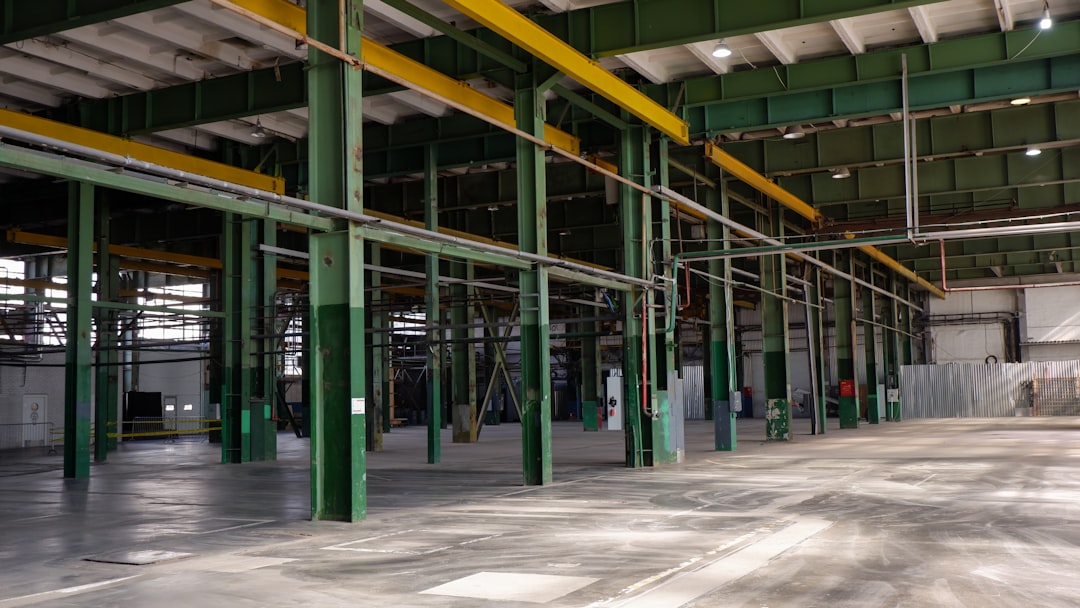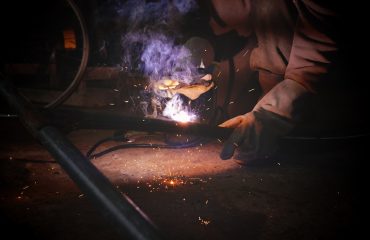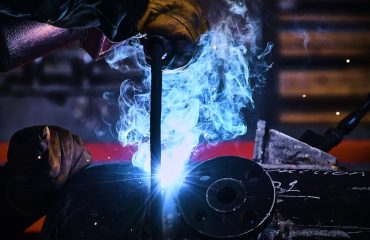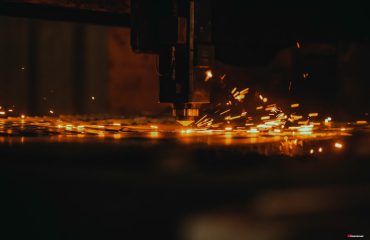The machinery manufacturing industry relies heavily on a consistent and reliable supply of high-quality steel. From the smallest components to the largest frames, steel forms the backbone of countless machines. Understanding the intricacies of steel supply is crucial for manufacturers seeking efficiency, cost-effectiveness, and the production of durable, high-performing machinery. This comprehensive guide explores the key aspects of steel supply within the machinery manufacturing sector.
Sourcing Steel: Finding the Right Supplier
Choosing the right steel supplier is paramount. Factors to consider include:
- Geographic Location: Proximity reduces transportation costs and lead times. Consider suppliers strategically located to minimize logistical challenges.
- Steel Grades and Specifications: Ensure the supplier can provide the precise steel grades and specifications required for your machinery. This involves understanding the chemical composition, mechanical properties (tensile strength, yield strength, hardness), and tolerances needed for each component.
- Production Capacity and Lead Times: Assess the supplier’s ability to meet your production demands consistently. Long lead times can significantly disrupt manufacturing schedules.
- Quality Control and Certifications: Verify the supplier’s adherence to relevant industry standards and quality certifications (e.g., ISO 9001). Regular audits and quality checks are essential to maintain consistent product quality.
- Pricing and Payment Terms: Negotiate favorable pricing and payment terms that align with your budget and cash flow. Consider long-term contracts to secure stable pricing and supply.
- Customer Service and Support: A responsive and supportive supplier can be invaluable in addressing issues and ensuring a smooth supply chain.
Types of Steel for Machinery Manufacturing: A Material Selection Guide
The machinery manufacturing industry utilizes a wide array of steel grades, each with unique properties tailored to specific applications. Common types include:
- Carbon Steel: A cost-effective option for general-purpose applications, offering good strength and weldability. Variations exist based on carbon content, influencing strength and hardness.
- Alloy Steel: Enhanced strength, toughness, and corrosion resistance compared to carbon steel. Alloying elements like chromium, nickel, and molybdenum significantly improve performance in demanding environments.
- Stainless Steel: Excellent corrosion resistance, making it ideal for applications exposed to harsh conditions. Different grades offer varying degrees of strength and corrosion resistance.
- Tool Steel: Exceptional hardness and wear resistance, making it suitable for cutting tools, dies, and other high-stress components. Different tool steels are optimized for specific applications, such as high-speed machining or cold work.
- High-Strength Low-Alloy (HSLA) Steel: Combines high strength with good weldability and formability. Often used in applications requiring lightweight yet strong components.
Quality Control in Steel Supply: Ensuring Consistent Performance
Maintaining consistent steel quality is critical for producing reliable machinery. Rigorous quality control measures throughout the supply chain are essential. This includes:
- Incoming Inspection: Thoroughly inspecting incoming steel shipments to verify compliance with specifications and detect any defects.
- Material Testing: Conducting various tests, including tensile testing, hardness testing, and chemical analysis, to ensure the steel meets the required properties.
- Traceability: Maintaining complete traceability of the steel from its origin to the finished product, allowing for quick identification and resolution of any quality issues.
- Supplier Audits: Regularly auditing steel suppliers to assess their quality control processes and ensure compliance with standards.
- Statistical Process Control (SPC): Implementing SPC techniques to monitor and control variations in steel properties throughout the manufacturing process.
Supply Chain Management: Optimizing Steel Procurement and Delivery
Efficient supply chain management is crucial for minimizing disruptions and ensuring timely delivery of steel. Key aspects include:
- Inventory Management: Optimizing inventory levels to balance the need for readily available steel with the costs of storage and obsolescence.
- Just-in-Time (JIT) Delivery: Implementing JIT delivery systems to minimize inventory holding costs and reduce waste.
- Risk Management: Identifying and mitigating potential risks in the supply chain, such as supplier disruptions, price fluctuations, and geopolitical events.
- Logistics and Transportation: Optimizing transportation routes and methods to ensure timely and cost-effective delivery of steel.
- Collaboration and Communication: Maintaining strong communication and collaboration with suppliers and other stakeholders throughout the supply chain.
Future Trends in Steel Supply for Machinery Manufacturing
The steel supply landscape is constantly evolving. Future trends include:
- Sustainable Steel Production: Increased demand for steel produced with lower carbon emissions and greater environmental responsibility.
- Advanced Steel Grades: Development and adoption of advanced steel grades with enhanced properties, such as higher strength-to-weight ratios and improved corrosion resistance.
- Digitalization and Automation: Increased use of digital technologies and automation in steel procurement, inventory management, and logistics.
- Additive Manufacturing: Growing adoption of additive manufacturing (3D printing) techniques for producing complex steel components.
- Global Supply Chain Resilience: A focus on building more resilient and diversified global supply chains to mitigate risks associated with geopolitical instability and disruptions.
By carefully considering these aspects of steel supply, machinery manufacturers can ensure a consistent flow of high-quality materials, optimize production processes, and ultimately deliver superior machinery to their customers.
Tags: Steel supply, machinery manufacturing, steel sourcing, steel types, quality control steel




